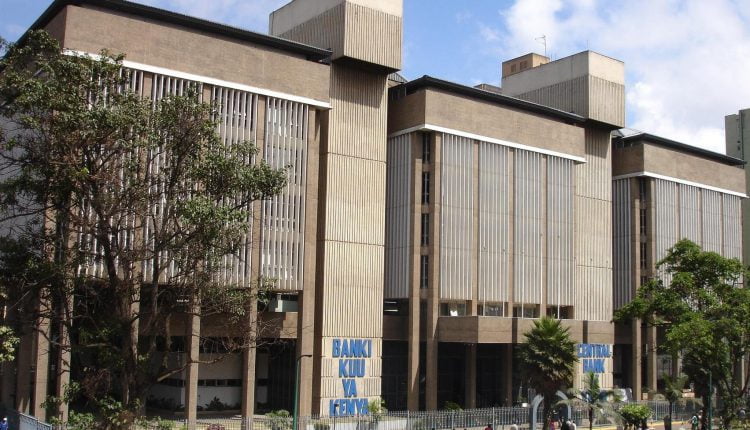The Central Bank of Kenya in March last year through a circular directed that Kenyan banks restructure loans to cushion borrowers from the adverse economic effects brought about by the Corona virus disease that saw many businesses shut down and many Kenyans lose jobs. The restructured loans amounted to KSh1.63 trillion, equivalent to 54.2% of the total banking sector loan book by the end of December 2020 according to records at the Central Bank of Kenya. With the restructuring period coming to an end this month, many a borrowers who have not been able to recover from the effects of the pandemic will suffer even more loses as financial institutions seek to recover amounts lent as well as interests. The Corporate Watch Team examines the situation at hand.
Commercial banks in Kenya are set to commence recovery of over Sh1.6 trillion worth of restructured loans as the one-year period of renunciations comes to an end this month. Announced by the Central Bank of Kenya (CBK) through circular number 3 of 2020, the waiver allowed commercial banks to work with their customers to relieve them of the adverse economic effects of the Covid-19 pandemic while ensuring lenders remain afloat.
“Further to the emergency measures announced on March 18, 2020, the Central Bank of Kenya (CBK) writes to provide guidance on loans classification and provisioning of extended and restructured loans. This circular aims to enable banks work with their customers to alleviate the likely adverse economic effects from the COVID 19 pandemic while safeguarding banking system soundness,” read the CBK circular in part.
Borrowers have however been caught unawares as the loan repayment ‘holiday’ lapses. Within the measures as per the CBK circular, banks were to engage individual borrowers directly and agree on some sort of relief. The relief granted would be based on the assessment of the borrowers capacity to pay under the proposed terms following the forecast economic effects occasioned by the Covid-19 pandemic. At the time last year, a twelve month deal seemed like a long time, however with CBK stressing that the cushioning would not exceed a period of 1 year, individuals as well as businesses could find themselves in trouble with lenders.
“Where a determination is made to grant a request for relief on personal loans through extension of the repayment period, the extension should not exceed one year from March 2, 2020,” read the Central Bank of Kenya (CBK) circular to banks and mortgage institutions at this period last year.
The loan repayment extensions signed last year in March will run up to March 31 2021 when borrowers will be expected to have settled all their undertakings including the principal amounts and interest on their loans under the Covid-19 loan agreements.
Under the agreement, banks were required to document and keep records of all the extended and restructured facilities under the emergency measures.
The records according to the circular should contain details of the particular circumstances in relation to the pandemic, monitoring measures adopted and the set timelines for reverting to normal requirements.
The debt-relief measures saw customers apply for their loans to be restructured, credit lines expanded and loan tenures extended to keep them financially afloat. Customers who did not apply for the bargain thinking the measures would apply automatically were caught flatfeet after some lenders sent them notices informing them that they had already recovered their money.
A section of lenders have however gone a step further, recovering entire amounts owed and the interest accrued during the one-year window, effectively wiping out entire savings of hundreds of borrowers despite businesses not having fully recovered from the negative effects occasioned by the covid-19 pandemic.
Tens of customers have raised the alarm after they realized their accounts had been debited leaving them with negative balances. With the gap, banks will instantly and without warning move in for the spoils, and most customers now fear that the auctioneer’s hammer looms large as the interest rates rise and revert as was before the global pandemic.
The government had last year directed that commercial banks ensure due diligence and lenience considering many businesses were struggling to stay afloat. According to Bankers Association of Kenya Chief Executive Dr. Habil Olaka, the association is not aware that commercial banks have resumed normal interest rates and are compelling customers to pay up on loans.
“We cannot generalize this issue and blame every bank in the country. I believe every bank agreed with their customers and signed documents detailing the same. This could be a case of individual banks and not an industry problem. As an association, we are not aware of the development,” said Dr. Olaka.
Family Bank, for example, entered into negotiations with its customers in January and many were aware of what to expect. The commercial bank that has grown tenfold over the last few years has also assured its customers of fair treatment during the transition.
“We started preparing our customers in January where they were to agree what was to be recovered between loan interest or the principal amount. Our customers will not be caught unawares,” said a source at the bank.



